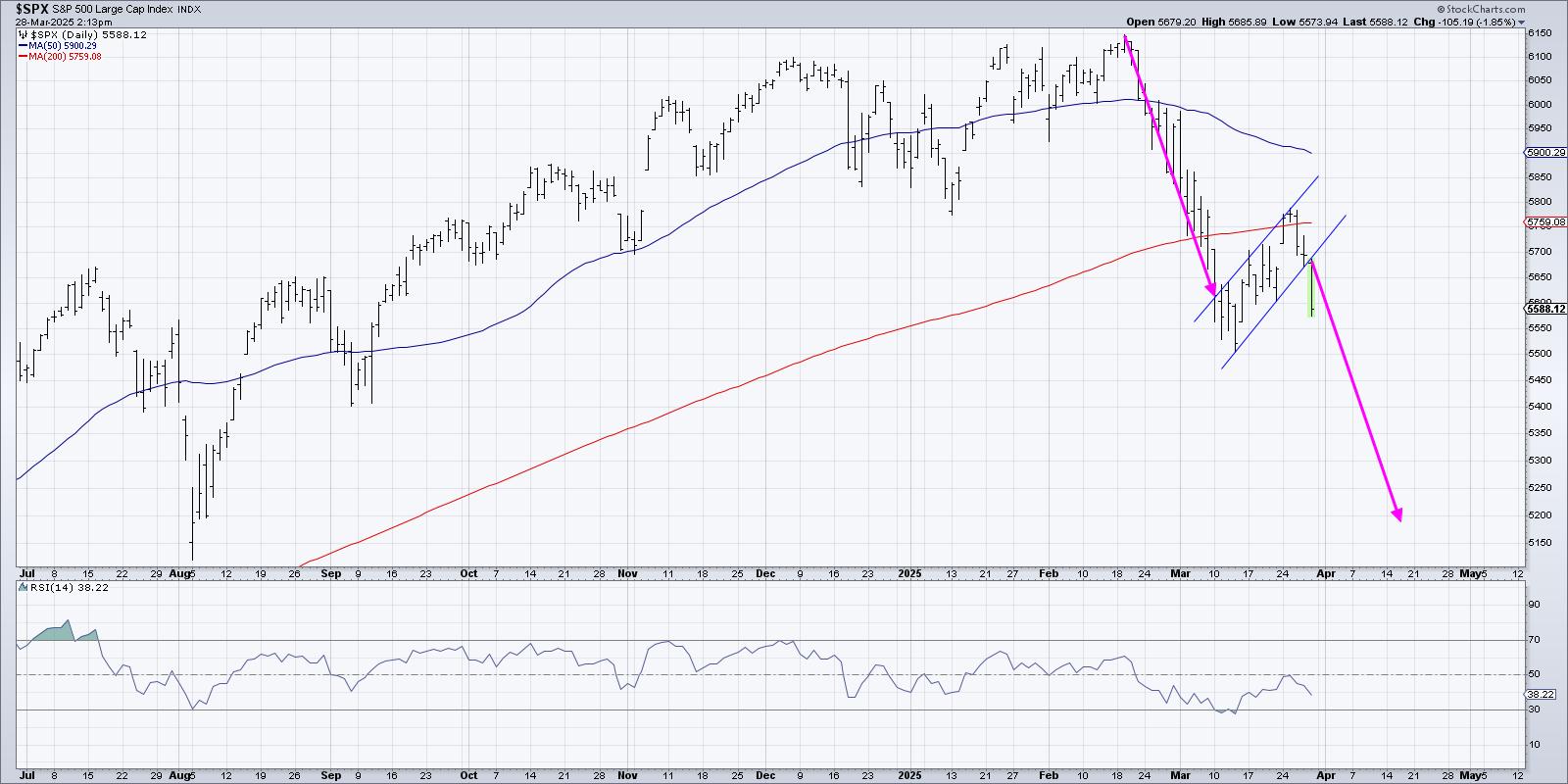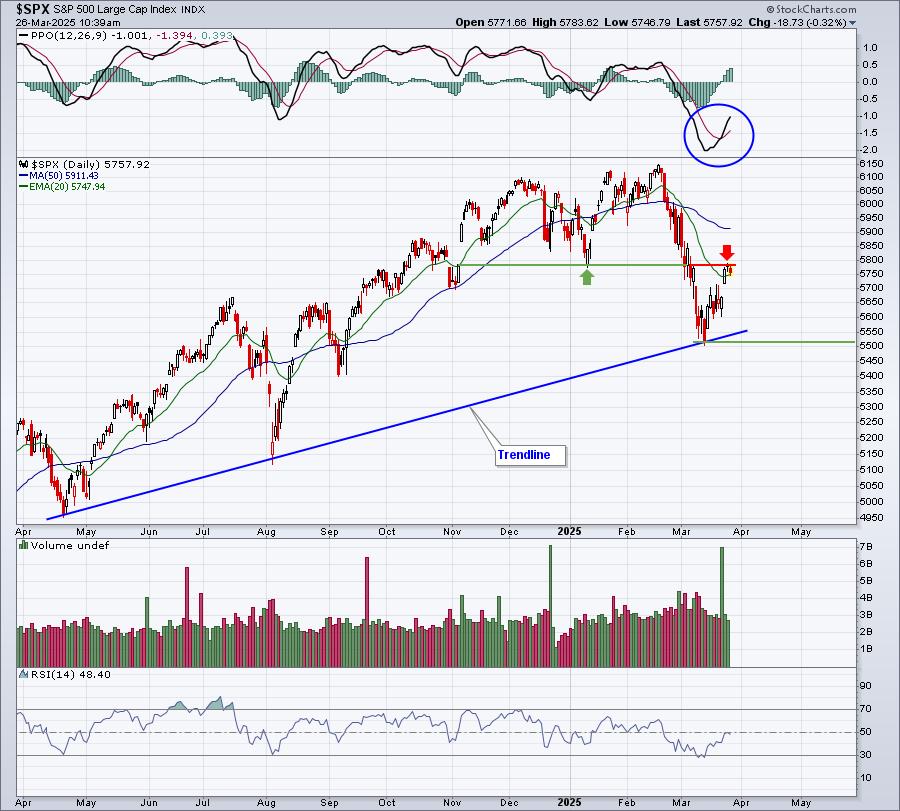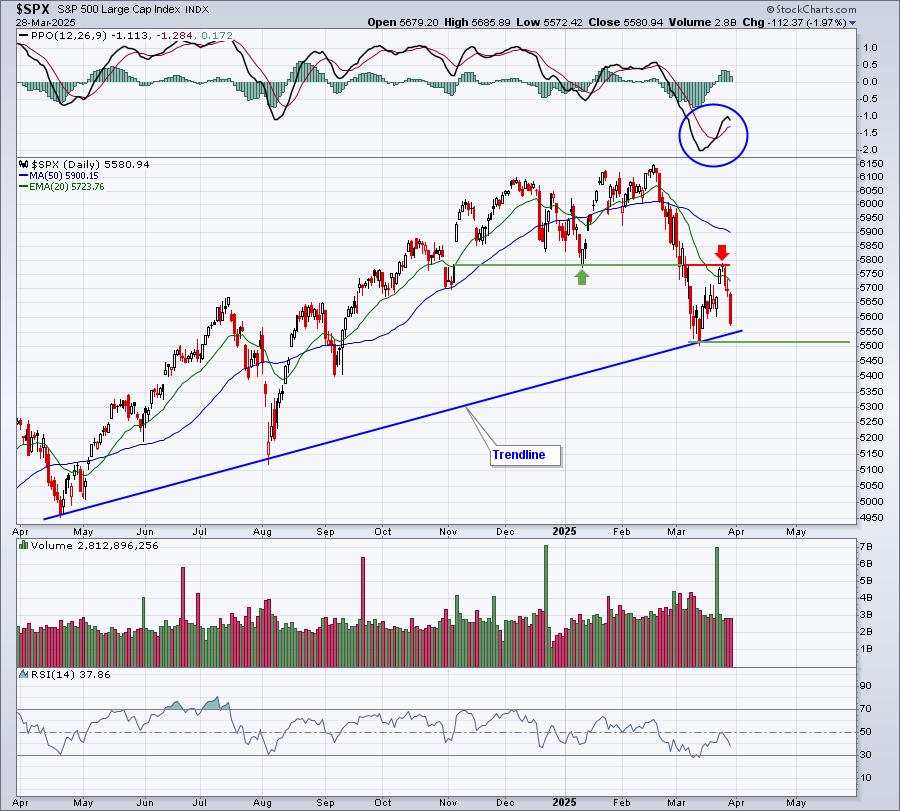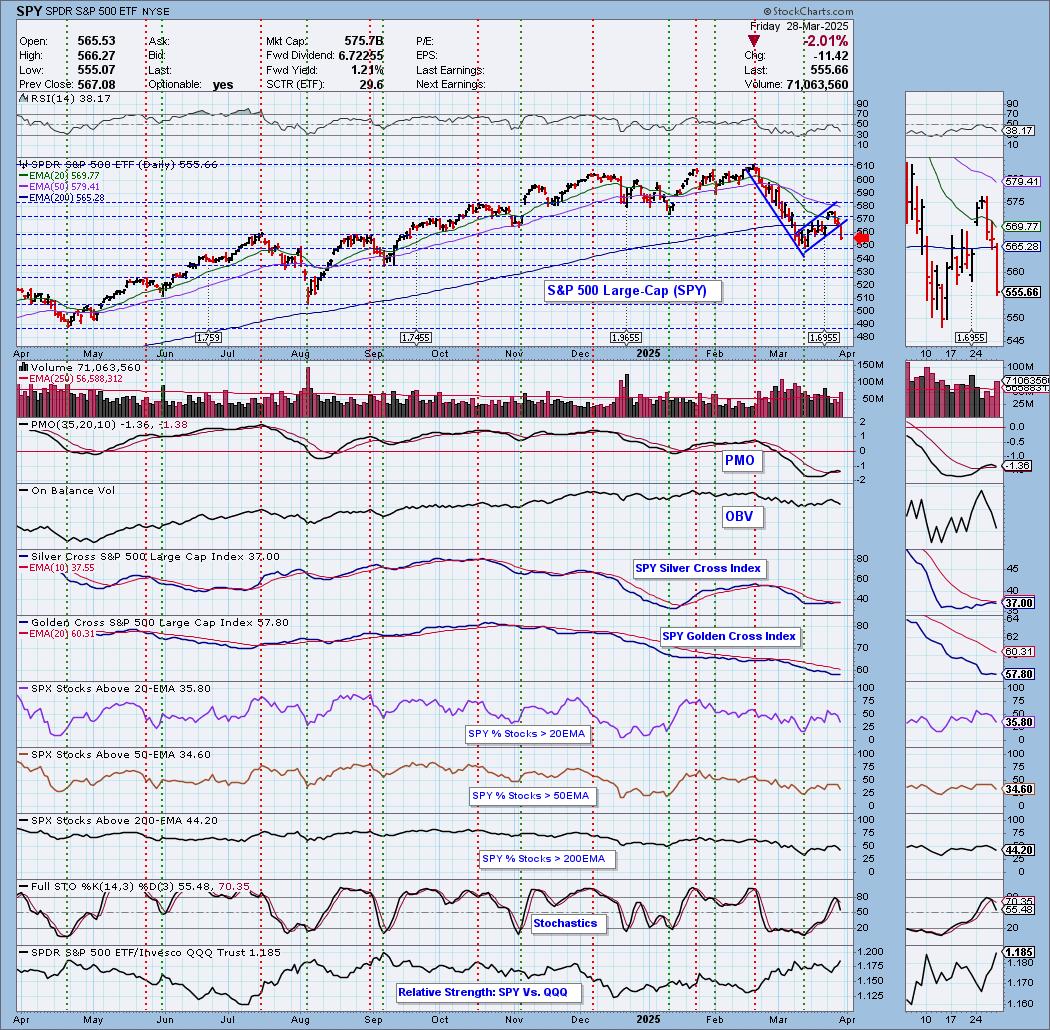
As of this writing, Tuesday's Presidential Election is still undecided, but one thing that seems abundantly clear to us, and should to you as well, is that people are not good at forecasting, predicting, or guessing reliably about the future. This clearly applies to politics, but also to the economy, the stock market, and most any other complex system with a lot of variables.
All of the pollsters, pundits, and newsrooms – the supposed experts on politics and elections – predicted a specific outcome in this election and they were all wrong. CNN predicted a blue wave and Fox predicted a red wave. There was no wave. Most polls showed Biden with a convincing lead across various states, leaving Trump with no path to obtain 270 electoral votes. The pollsters talked about the statistical significance of their models and how there was nearly a zero chance they would be wrong again, like they were in 2016. Guess what? They were wrong again, as both candidates still have a chance to win. Some polls will ultimately be correct on the final outcome of the election, but the guidance from the polls on how the election would unfold was basically worthless – so inaccurate that they should have left their guess up to a coin flip and avoided all the effort. People just aren't good at forecasting.
Relating to the stock market, teams of analysts at investment banks and wall street research firms pump out reports on most publicly traded companies that include price estimates (i.e., guesses about future stock prices). They also try to predict where the S&P 500 index will be at certain points in time, what the economic data will reveal, what the Fed will do, where interest rates are going, and countless other variables. All of this is done in hopes of having an "edge" in the market and being able to perform better than an average passive "buy & hold" investor. These analysts and research firms never have to show their track record or what their success rate is across all their predictions. If they did, the very best of them would probably be about as good as a coin flip, but most would fare much worse. Of course, we're just guessing about that too!
Investors that rely on these predictions to make investment decisions are fooling themselves about the reliability of the predictions. We think most investors know and understand this but choose to do it anyway for behavioral reasons. Making investment decisions about your own money or client's money is difficult and emotional. If an "expert" provides some information about the future, it now makes it easier for you to rely on that information to support your investment decision. If you get lucky and the decision ends up being a good one, you feel great about your investment acumen and how you processed the information available to you that led you to that good outcome. If you are unlucky and the investment decision ends up with a bad outcome, you can easily lay blame to the expert and not yourself, protecting your fragile ego as an investor and allowing you to just move on to other experts that you hope will be better to rely on. This is a really bad approach and leads people to always underperform the market over long time periods. This applies to most active management that relies on stock picking (i.e., trying to pick the winning stocks and avoiding the losers in an effort to beat the benchmark). Ultimately, this is all guessing about the future and there is a lot of data and research that shows this is ineffective; the vast number of investors who attempt this get worse-than-benchmark performance.
What are the alternatives? One alternative approach is to just be a passive investor and stop trying to beat the market. This could be a good approach if you have a long investment horizon in front of you and, most importantly, have the ability to withstand everything the market is going to put you through. Remember though, a passive buy and hold approach will only work if you can hold through the major downturns and bear markets that are inevitable. Selling on the way down, when markets are falling and it feels like the world is ending, doesn't get you those benchmark returns and probably causes you to miss some or all of the eventual rebound. I don't think this is a good alternative for the vast majority of investors; most will ultimately panic sell when things get bad enough and the dollar value of their losses is too painful to withstand, and then they will be overly cautious about buying back in. It is very hard to allocate again to equity markets after selling out due to large losses. The fear of further losses can be overwhelming.
Another alternative, the one we think provides the best overall results to investors, is to stop guessing about what the market is going to do in the future and instead assess what you are going to do in the future, based on what the market is actually doing. Stop guessing and start assessing! Plan out your future investment decisions and distill them into a set of rules that can be applied to any future market environment. Then, when that market environment shows up, regardless of the reason or the cause of it, apply the rules to make your investment decisions.
This is exactly what we do through our weight of the evidence trend following model. It takes the emotional and difficult decisions out of the investment process and we never have to predict what the market is going to do.
We assess what the market is doing each day, determining if the market is in an uptrend and how strong it is, then, based on our rules, we decide to participate in the market or not. If the market is in an uptrend that aligns with our rules, we invest, and if the market sells off to certain levels, we move defensive. The "whys" don't matter to our investment decisions and don't have to be predicted by us. We don't care if the uptrend is caused by a booming economy or by Fed stimulus. We also don't care if a bear market is caused by an economic shutdown as a result of a global pandemic or because the financial system is on the brink of collapse due to a home mortgage crisis – both fairly unpredictable events. Our rules help us navigate the market environment as it comes; if the market does X, we buy, and if the market does Y, we go defensive.
If you can create a set of rules for yourself and how you want to approach markets and trading, instead of spending all your time trying to "figure out the market," you will probably have much better results. If you are unable to create a set of rules, or maybe you're unable to have the discipline to follow the rules that you created – find someone that can do it for you.
Dance with the Trend,
Greg Morris






